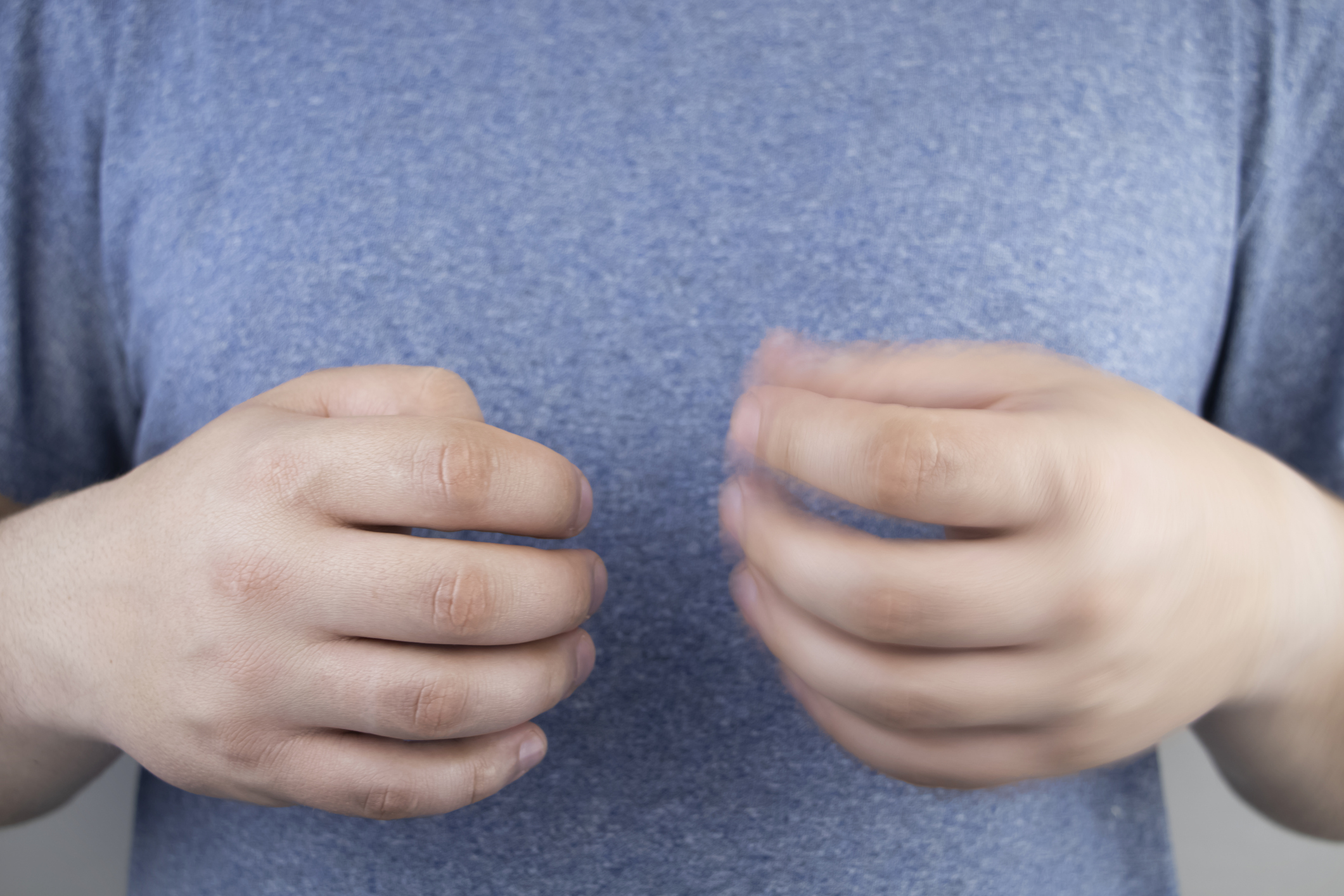Insulin-like hormone discovered that naturally protects the brain from Parkinson's

The IGF-II hormone shows a strong protective effect on neurons affected by Parkinson's disease, according to researchers from the Biomedical Research Institute of Malaga (IBIMA) and the University of Malaga.
The discovery, published in the Journal of Advanced Research, opens up new possibilities for the development of therapies that not only mitigate symptoms but also slow the progression of this neurodegenerative disease.

They are developing different treatments for Parkinson's. Photo: iStock
It is the most common movement disorder, affecting approximately 3% of the elderly population. Its main characteristic is the progressive loss of dopaminergic neurons in the substantia nigra of the brain , which causes symptoms such as slowness of movement (bradykinesia), tremors at rest, and muscle stiffness.
The research and its findings The IGF-II hormone, similar to the insulin produced by the body, acts as a true shield for neurons. Scientists observed that when nerve cells were exposed to this hormone, they were much more resistant to the damage that would typically destroy them in Parkinson's disease.

. Photo: Istock
- Better functioning of mitochondria, which are the cellular “batteries.”
- DNA protection, activating genetic repair mechanisms and preventing errors that could lead to cell death.
- Blocking neuronal self-destruction, a process that is activated when neurons are damaged.
The team has been investigating the therapeutic potential of IGF-II since 2007. In 2021, they were able to demonstrate, in animal models, that this hormone could protect the brain against neurodegenerative injuries.
"We want to fully understand how this hormone acts on neurons. Our goal is that in the future it could become a treatment capable of combating diseases like Parkinson's ," explained María García-Fernández, PhD, co-author of the study.
eltiempo





